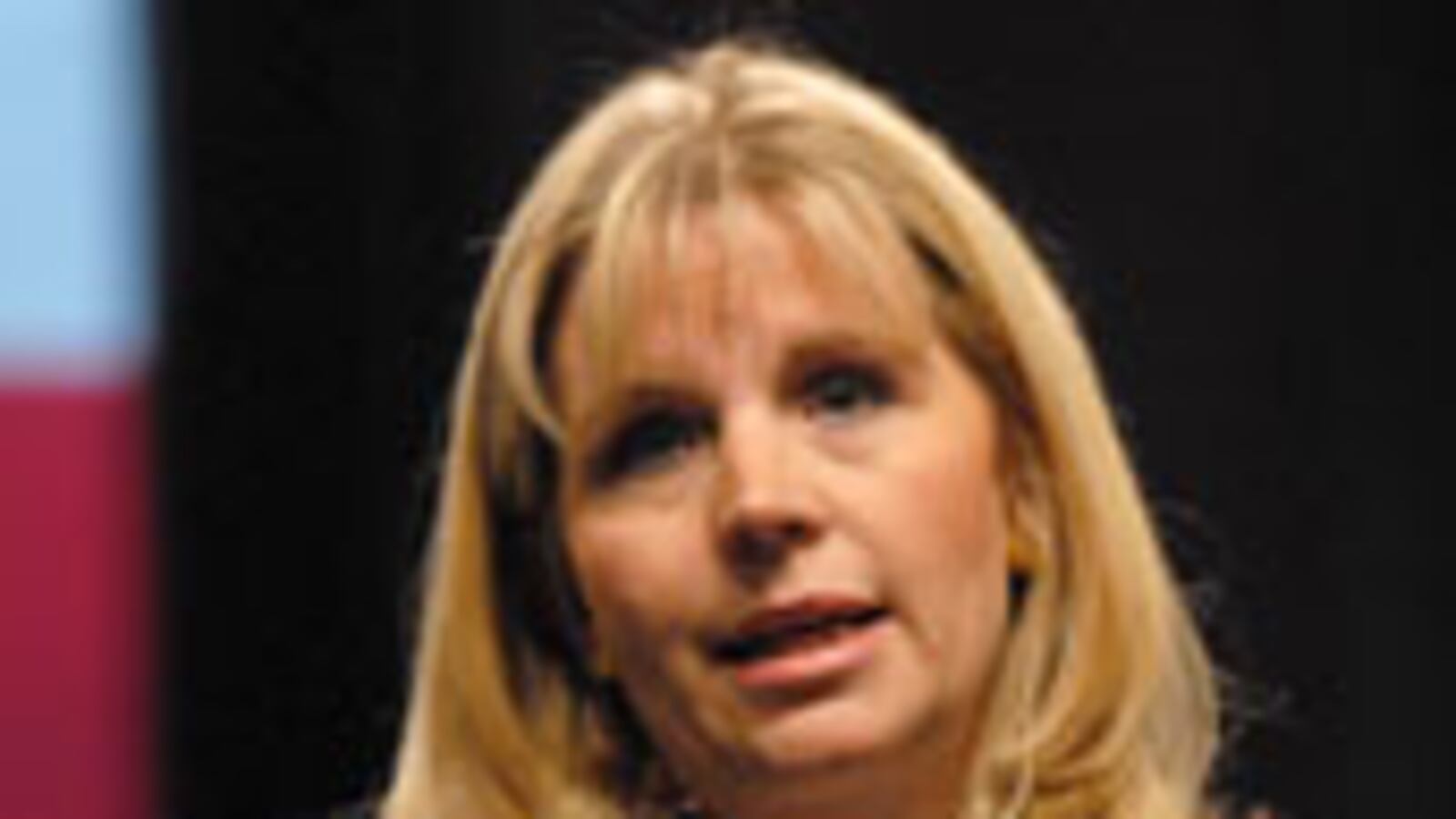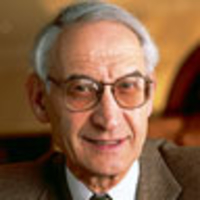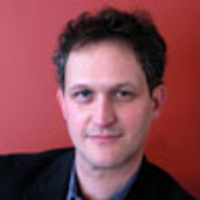
John Yoo has recently written about the gift he has conferred on the Obama administration by defending himself against ethics charges stemming from his legal work—including, among other things, justifying waterboarding. He claims that he has strengthened the president’s hand in his fight against terrorism. Quite the opposite is true. The Bush administration needlessly provoked a series of closely divided Supreme Court decisions, replete with bumper-sticker reasoning (“a state of war is not a blank check’”), twisted logic, distortion of history, and self-congratulation about upholding the rule of law in times of crisis, all of which will have the effect of casting in constitutional concrete precedents gravely compromising the president’s historic power to wage war and defend the nation in time of crisis. This action-reaction story is sadly reminiscent of the Warren/Brennan Court’s suite of similarly closely divided constitutional decisions in the 1960s, reacting to the undoubted fact of often brutally racist police abuse—the famous Miranda decision with its rigid, legislation-like routines, the Mapp decision requiring the exclusion of completely reliable real evidence for even technical violations of the hyper-technical rules it had devised for searches and seizures, and the surprising rule forbidding state prosecutors from mentioning the fact that an accused had had the opportunity to testify in his defense but did not. All of these were constitutional innovations, all are now treated as if they had been enacted by the Founding Fathers, and all have prevented us from devising a rational system of criminal justice that is both decent and focuses on the central issue of guilt or innocence.
[I]t is a disgrace to our tradition of veneration for the rule of law that lawyers, who in another generation would be respected for their professionalism, are being vilified as unpatriotic for doing their part in proving that our institutions of free government still work, despite the attacks of the terrorists.
The many defense lawyers who helped bring about the criminal-procedure revolution of the ‘60s are treated as heroes of the rule of law. They are not heroes, but they were doing their job defending their clients and deserve praise for their persistence, ingenuity, and skill. The blame for the crippled and irrational system we now “enjoy” is surely not theirs but that of the brutal and dishonest law-enforcement officers that provoked these decisions and of the lower state courts that could have controlled them by more usual means. The same is exactly true of the lawyers who advocated for the Guantanamo detainees. They worked diligently and—unlike Lynne Stewart, the defense attorney in the first WTC bombing now rightly serving a prison term for assisting her client to continue his terrorist activity—scrupulously within the law. Now come Liz Cheney, Bill Kristol, and others to urge that those hardworking and ingenious lawyers who have landed jobs in the Obama Department of Justice be “outed” for doing lawyers’ work, suggesting that they were unfit for government service. They go so far as to issue the McCarthyite taunt of calling them the “Al Qaeda 7,” thereby committing the unforgivable sin of associating the attorney with the wickedness of his client. One might as well call a Nazi collaborator the brave officer Kenneth Royall—later the last Secretary of War—who was appointed to defend the Nazi saboteurs before a military commission (that’s right, a military commission), or call the lawyers defending Enron or Bernie Madoff securities thieves.
• Lee Siegel: Liz Cheney on the Couch In the “landmark” Boumedienne case, the Supreme Court had initially declined to review the complaints of Guantanamo detainees against the recently enacted congressional military commission system. It was not until the military men assigned to prosecutorial work joined an affidavit detailing the abuses and indecencies imposed on the tribunals by the Bush administration that the court took the rare action of reversing itself and going on to issue its disastrous and weirdly reasoned decision. Among those featured in the Cheney-Kristol rogues’ gallery is Neal Katyal, the lawyer who argued and won the Hamdan case, a precursor of this unfortunate precedent. Katyal is a loyal American who had worked with skill and dedication entirely within his role and within the system. He is now a deputy solicitor general and the government is benefiting from his skill and dedication in its efforts (deplored by the left) to restore some semblance of reason and balance to the system. In January of this year he argued that the Boumedienne decision should not be extended to Afghanistan. But he is now demonized as if it were he, not his clients, who waged war on this country, and as if it were he and not the sloppy and unscrupulous officers of government who made a potentially fair and appropriate system of military justice seem twisted and unacceptable.
The lesson of this history is clear: In our system of government, where the dynamic of checks and balances naturally (if not always proportionately) reacts to excessive claims on power, brutality by police and overreach by prosecutors has resulted in less flexibility for law enforcement, not more. The abuse of prisoners that John Yoo helped authorize is not a gift but a poison pill that will end up further constraining the president. And it is a disgrace to our tradition of veneration for the rule of law that lawyers who, in another generation would be respected for their professionalism, are instead being vilified as unpatriotic for doing their part in proving that our institutions of free government still work, despite the attacks of the terrorists. What greater victory could we give that enemy than to undermine our own institutions and attack decent fellow citizens for continuing to have faith in them?
Charles Fried was Solicitor General of the United States. Gregory Fried is Chair of the Philosophy Department at Suffolk University. Their book, Because It Is Wrong: Torture, Privacy and Presidential Power in the Age of Terror, will be published by W. W. Norton in September.







